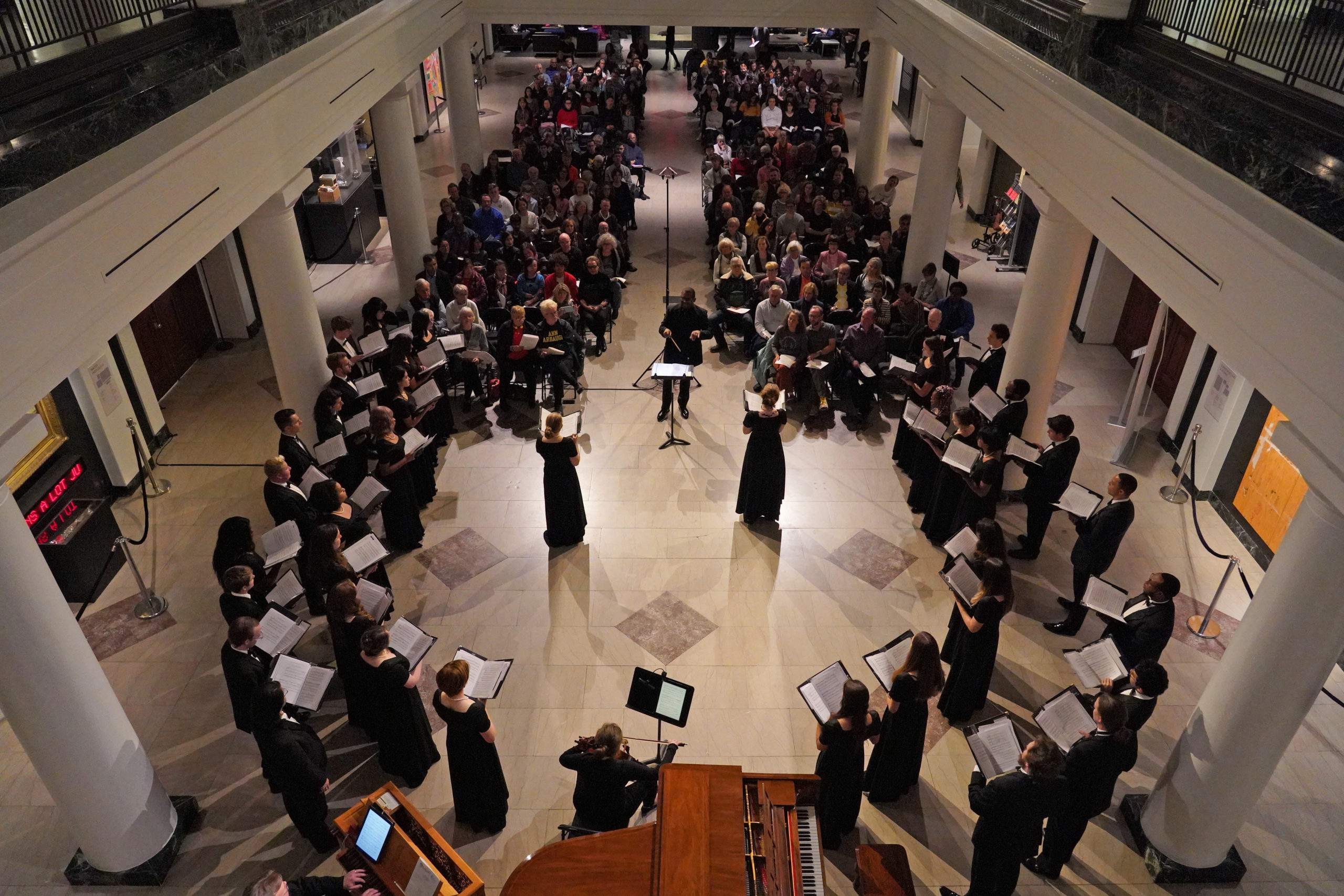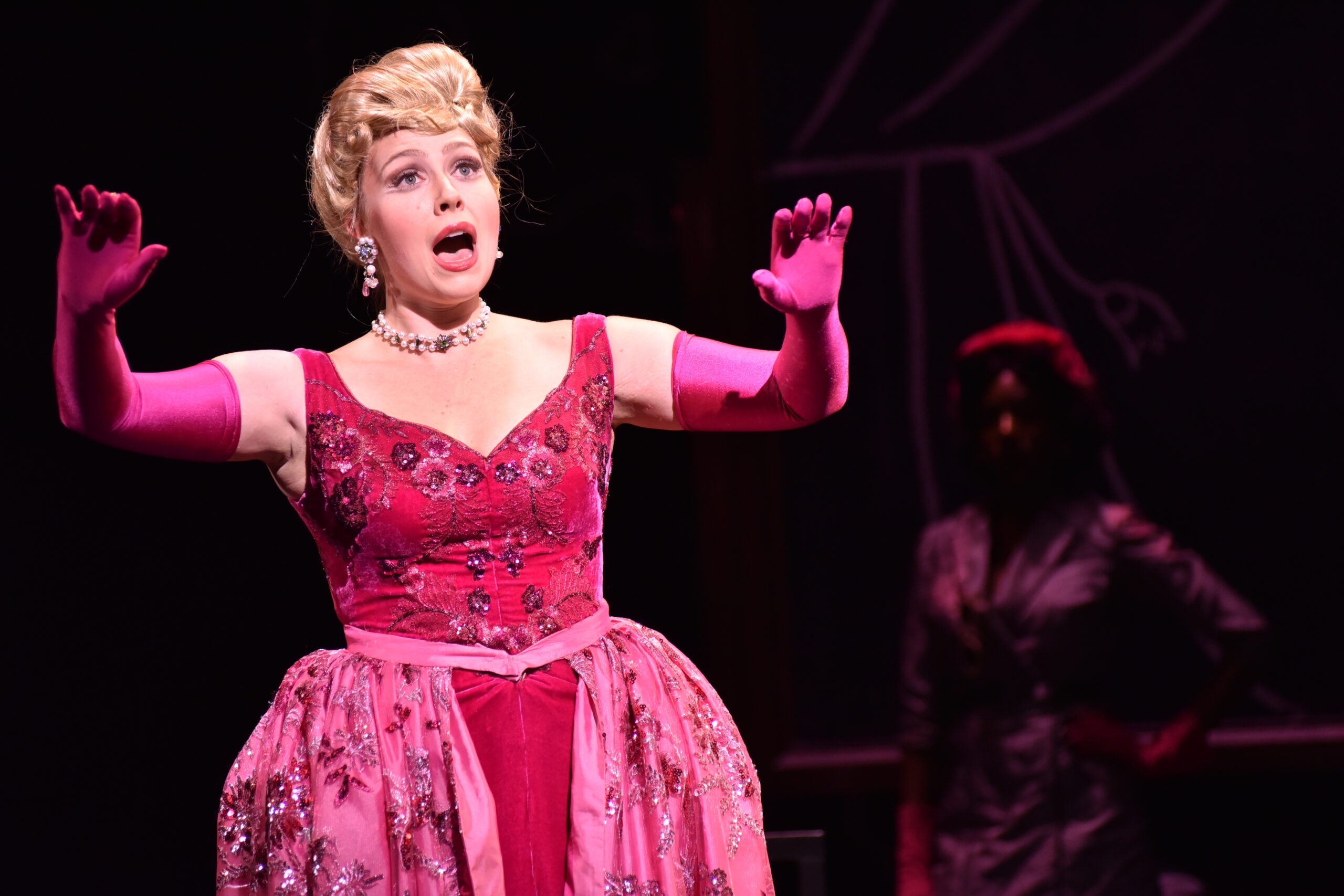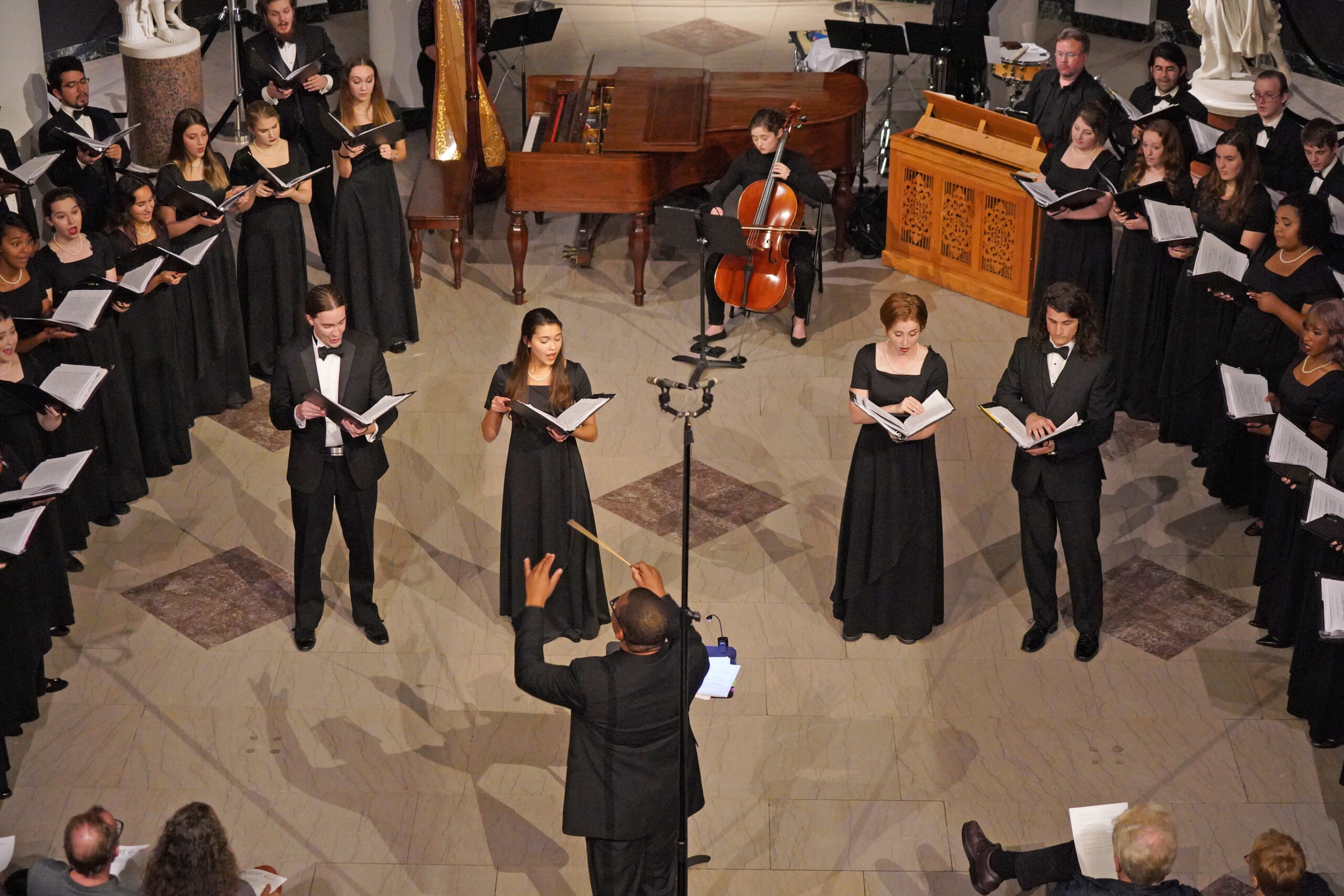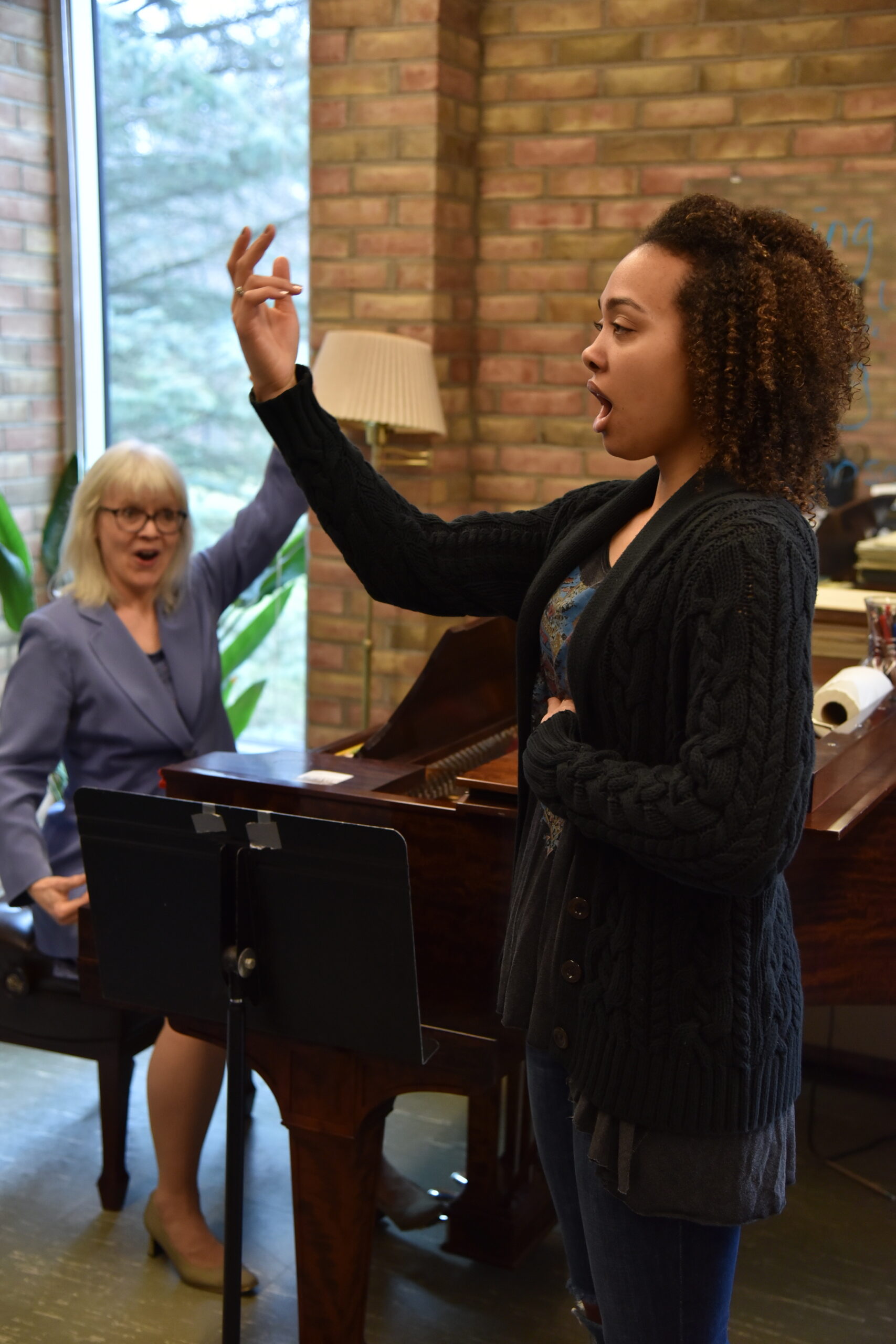Doctor of Musical Arts in Performance, Voice
Application deadlines are specific to degree programs. See our Graduate Admissions page for a list of all deadlines.
Designed for students seeking the highest degree in the field, the DMA is a rigorous three-year course of study culminating in three doctoral performances in lieu of a dissertation, two of which must be song recitals.
Curriculum
Completion of the program normally requires six terms of full-time study beyond the master’s degree. Students are expected to attain candidacy effective at the beginning of the sixth term. The minimum requirements include performance, foreign language, music theory, and musicology courses.
Final Project:
Three doctoral performances in lieu of a dissertation, two of which must be song recitals.
Silent Advisor
Degree requirements and term-by-term layout for current students.
Funding
Nearly all DMA students receive full-tuition fellowships. Most also receive health benefits and a stipend attached to a Graduate Student Assistantship, which can vary in proportion to the appointment fraction and the duties associated with it. In addition to the funding packages offered by the SMTD, Rackham students are also eligible to apply for a wide range of fellowships to fund research, travel, and performance.
Residency Requirement
At least one academic year of full-time residency is required.
Faculty
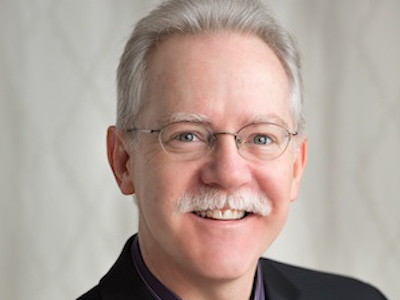
Timothy Cheek
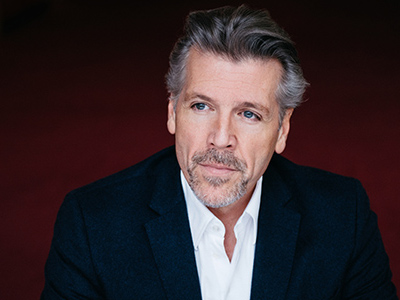
Thomas Hampson
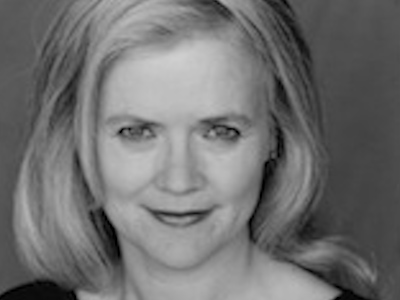
Freda Herseth
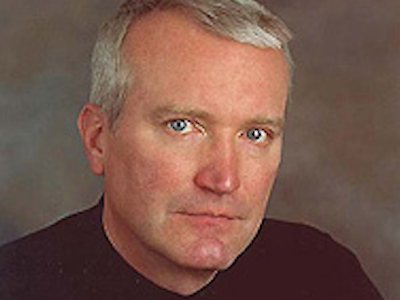
Stephen Lusmann
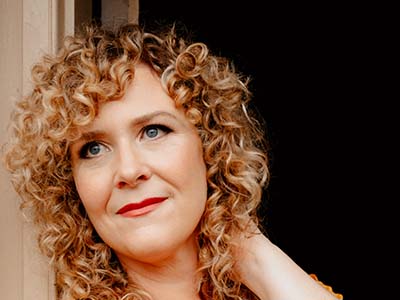
Caitlin Lynch
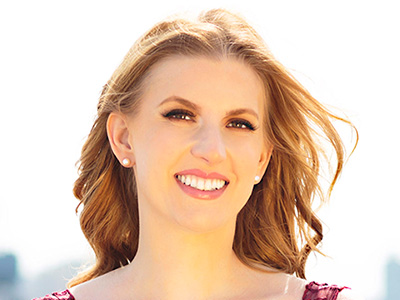
Amanda Majeski
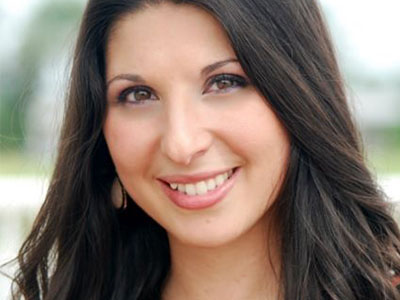
Rose Mannino
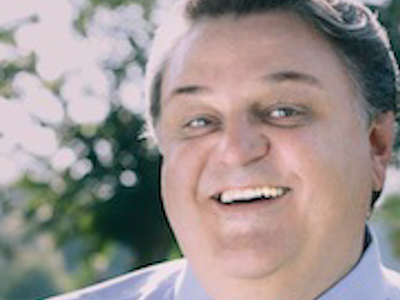
Stanford Olsen
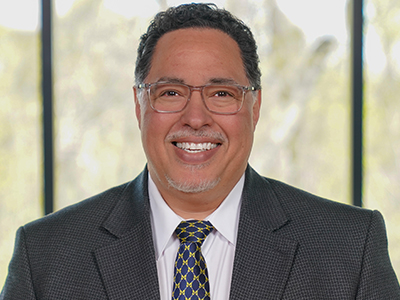
Scott Piper
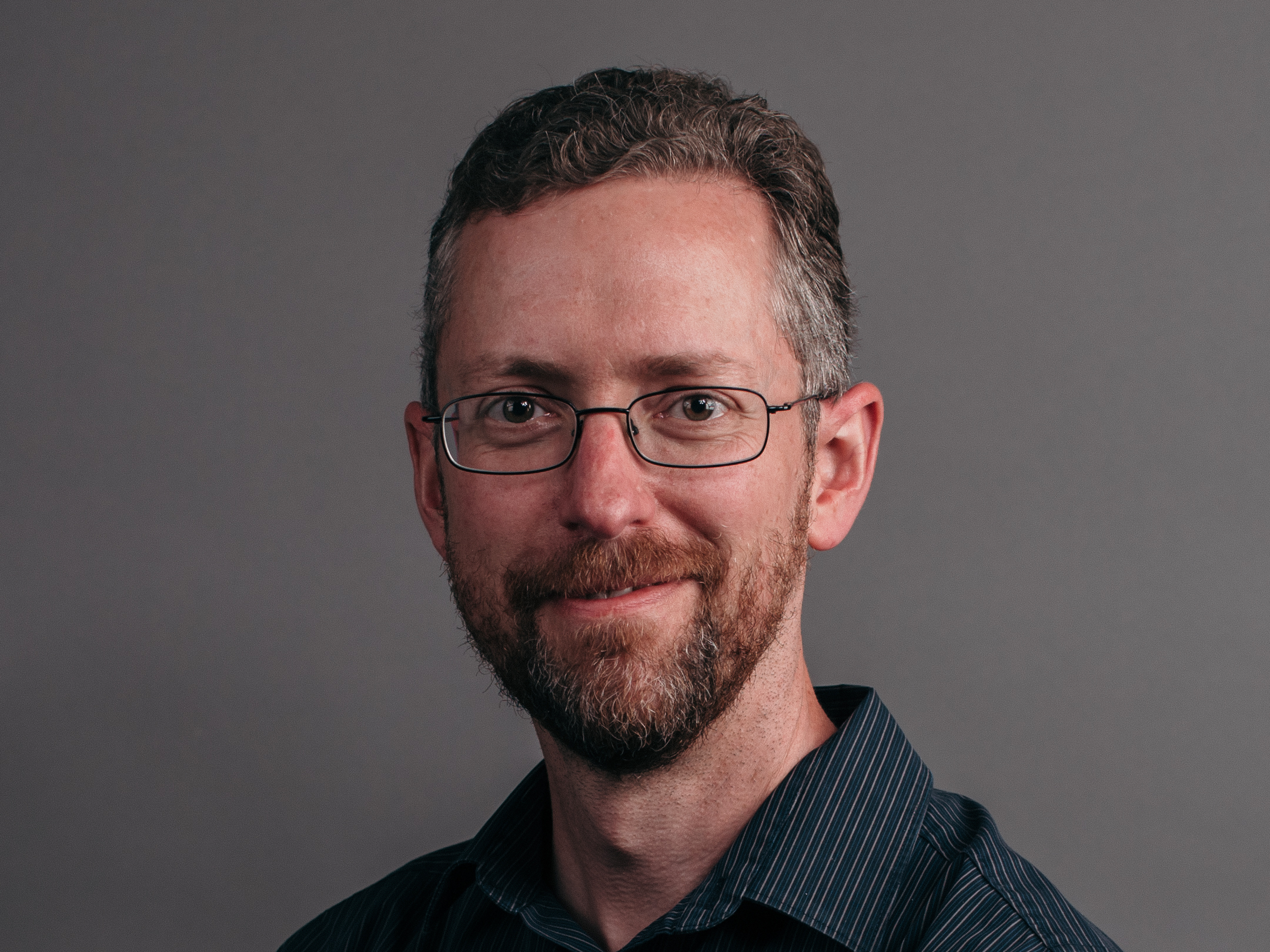
Kirk Severtson
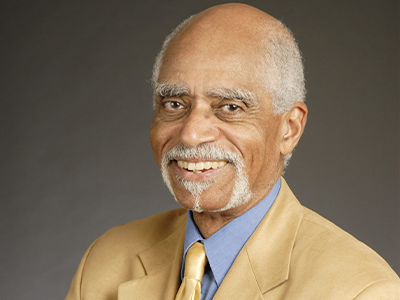
George I. Shirley
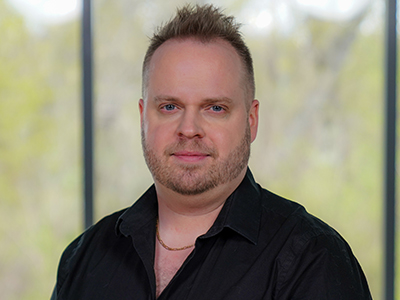
Matthew Thompson
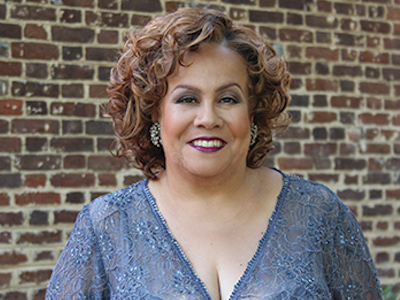
Louise Toppin
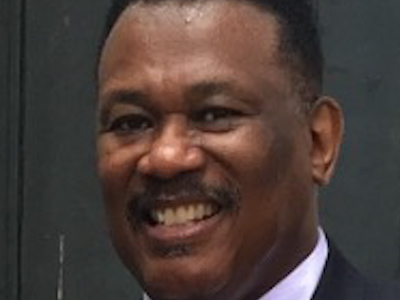
Daniel Washington
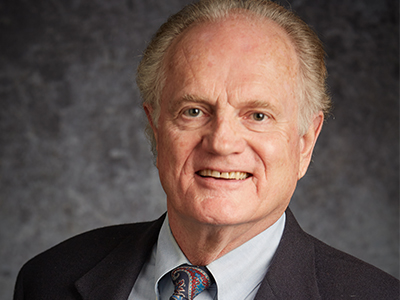
Stephen West
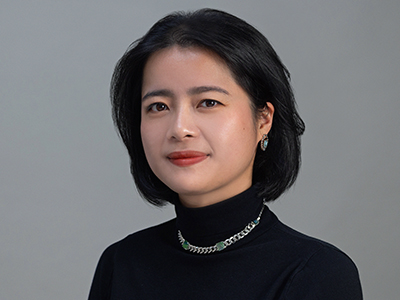
Mo Zhou
Performance Opportunities
From large ensembles in celebrated concert halls to chamber groups in intimate recital spaces, performance opportunities across all disciplines abound, with nearly 900 student performances each academic year. Whether your focus is on early, classical, or contemporary music, whether your passion is for jazz, electronic, or world music, there is an ensemble—or in many cases, multiple ensembles—to suit your interests, including specific opportunities for percussion, piano, and organ & carillon. For students in theatre & drama, musical theatre, dance, and opera, opportunities abound in both professionally produced and student-run presentations.

